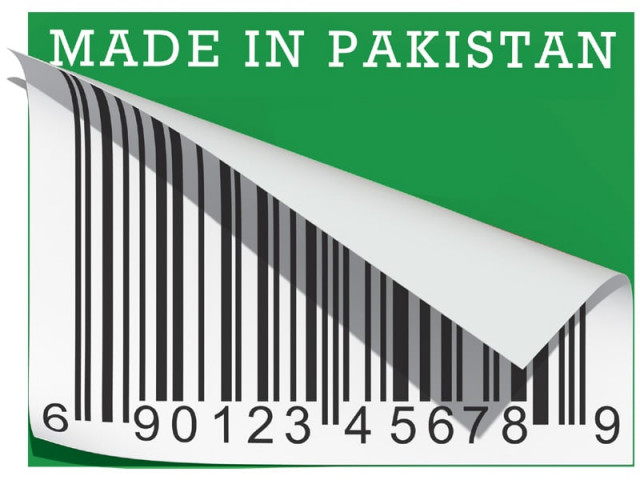Exports to France can take a quantum leap
To achieve this, government must implement conventions on environment, human and labour rights.

Pakistan’s exports to France can increase 20% annually if it effectively implements international conventions on environment, good governance and human and labour rights as required under the Generalised Scheme of Preferences-Plus (GSP+) – a trade arrangement that provides developing countries with duty-free access to the European Union (EU) market, according to French Ambassador to Pakistan Philippe Thiebaud.
Speaking to a select group of journalists here on Tuesday evening, Thiebaud said France was committed to developing stronger trade ties with Pakistan despite a slowdown in EU economy.
“It’s up to the Pakistan government now to take maximum advantage of GSP+ by ensuring that all the 27 conventions are implemented effectively,” he said.
France’s total imports from Pakistan in 2011 – the latest year for which data is available – were $868.7 million, an increase of more than 27% compared to the preceding year. France’s exports to Pakistan remained at $592.1 million in 2011 after they registered a rise of almost 40% over 2010.
While Pakistan’s exports to France have increased steadily over the last five years at an annual rate of 7%, the exports of other South Asian countries to France have increased at a faster rate. For example, India and Bangladesh increased their exports to France by 12% and 15% respectively, on an annual basis between 2007 and 2011.
Explaining the relatively slower export growth for Pakistani products, Thiebaud told The Express Tribune that unlike other regional countries, Pakistan could not meet the vulnerability criterion in the 2008 regulation. “But under the new regulation, the vulnerability criterion has been reviewed to benefit more countries, including Pakistan, if they implement the 27 conventions,” he said.
The standard GSP currently provides 176 developing countries and territories preferential access to the EU via duty reductions for qualifying product lines. But the new regulation, which will take effect from January 1, 2014, will be limited to 89 low and lower middle-income countries. With the exit of many competitors from the scheme, Pakistan is going to have more opportunity to export, he said.
Replying to a question, Thiebaud said at least 45 French companies operated in Pakistan while another 180 businesses had French investment. Major French companies in Pakistan, such as Total, Lafarge, Hyperstar and L’Oreal, operate in telecommunications, hydrocarbon, construction, environmental and pharmaceutical sectors.
“French companies, once they arrive, tend to stay in Pakistan. The first step for them is to find a Pakistani partner to work with,” he said while replying to a question about the worsening law and order situation, especially in Karachi. “When L’Oreal decided to launch in Karachi, many people predicted it wouldn’t last long, but it did.”
Pakistan’s major exports to France are cotton and textile articles, which constituted more than 10% of France’s total imports in these categories in 2011. They accounted for 85% of France’s total imports from Pakistan in the same year. Major French exports to Pakistan include mineral fuel, oil and distillation products, which have increased at a whopping rate of 207% annually over the last five years.
Published in The Express Tribune, November 8th, 2012.



















COMMENTS
Comments are moderated and generally will be posted if they are on-topic and not abusive.
For more information, please see our Comments FAQ